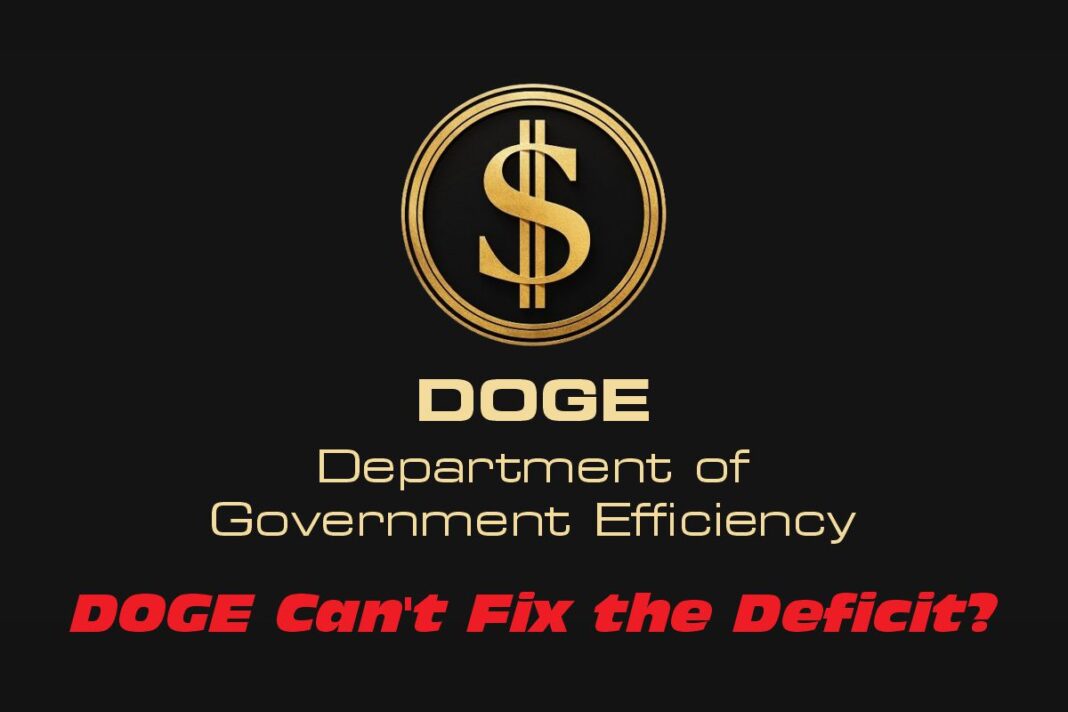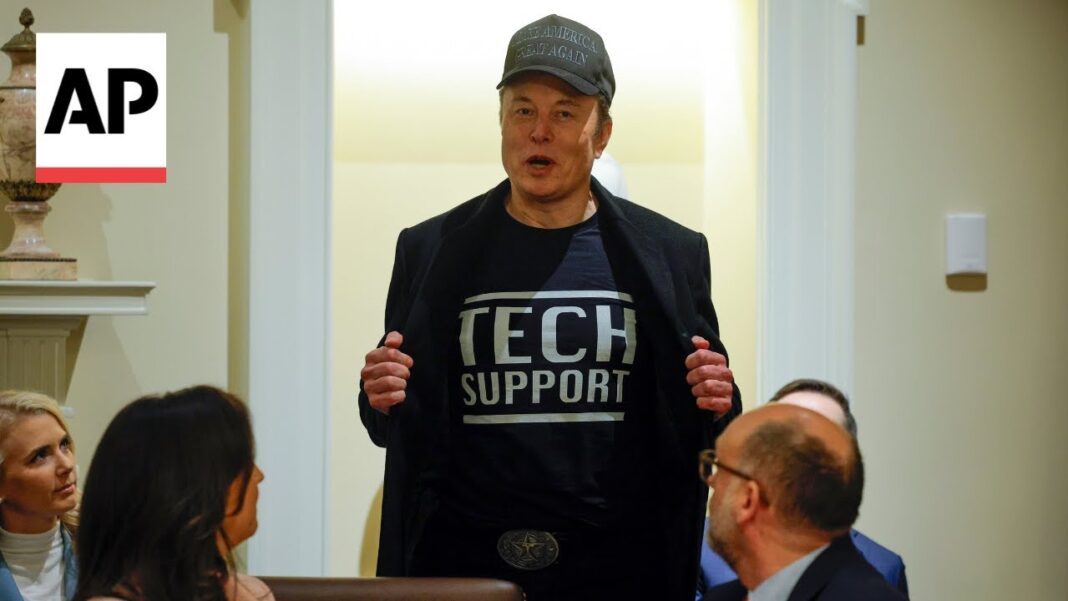Back on the campaign trail in November, Elon Musk and Donald Trump presented the Department of Government Efficiency as the next big solution to wasteful government spending and bureaucracy. For many Americans this makes for a compelling pitch — the U.S. debt today is so high that interest payments alone cost the government almost $1 trillion per year.
In theory, reining in the national debt is a bipartisan slam dunk. In practice, the process of picking where to cut expenses or raise taxes invariably leads to some degree of political blowback.
After a month of action, how has DOGE actually managed to cut back on spending, and more importantly, how does it stack up with America’s looming debt crisis? (Hint: The numbers aren’t even close.)
The U.S. debt today stands at more than $36 trillion. But rather than ogle at the things one could buy with that money (Such as all of the gold that has ever been mined on Earth four times over), we must understand how to reduce the debt. To do that, we need to understand where that debt comes from.
Over the past 10 years, the U.S. government spent a total of $61 trillion and brought in $45 trillion in revenue. That means in the average year, the government spent $6.1 trillion, and $1.6 trillion of that was deficit spending.
Conventional wisdom would tell us government spending looks very different under Democrats and Republicans, but it isn’t so. In fact, deficits (and approvals of long-term debt) under Trump have been higher than the averages under Presidents Joe Biden and President Barack Obama.
Regardless of the party in charge, federal spending is mostly composed of four familiar categories, which we can call “The Big Four.”
- Medicare and Medicaid: Makes up approximately 23 percent of annual spending, or about $1.4 trillion.
- Social Security: Makes up approximately 21 percent of annual spending, or $1.3 trillion.
- Defense: Makes up approximately 12 percent of annual spending, or approximately $750 billion.
- Interest Payments: Make up approximately 11 percent of annual spending or approximately $700 billion (Note: $700 billion is a historical average, the current value is $1 trillion).
By Ryan Chapman









